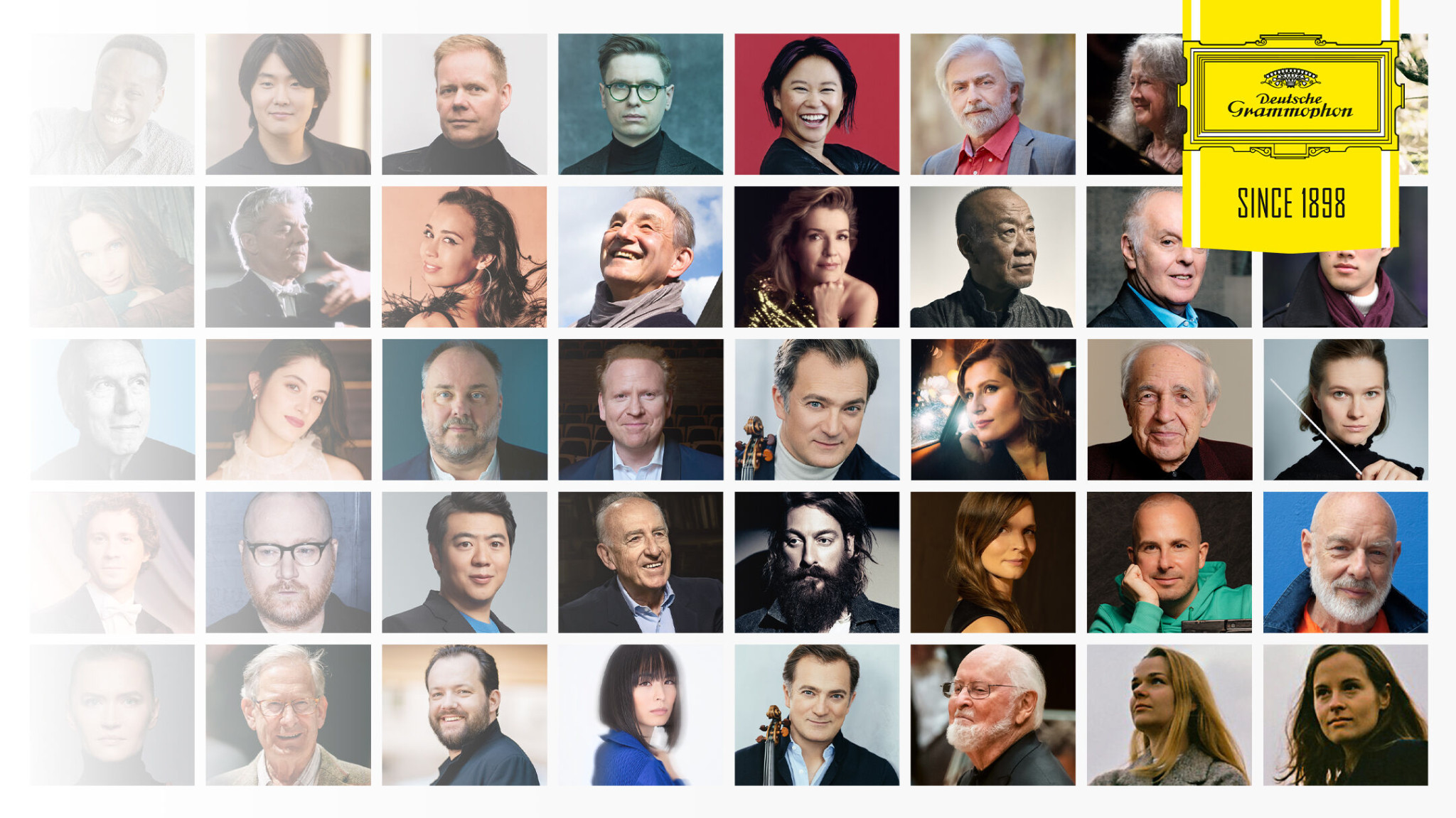Lahav Shani and the Israel Philharmonic Orchestra Release Live Recording of Paul Ben-Haim’s First Symphony

Lahav Shani, 33, became Music Director of the Israel Philharmonic Orchestra in the 2020–21 season as successor to the legendary Zubin Mehta. Also a hugely accomplished instrumentalist, he spent several years as a double bassist within the orchestra’s ranks and appeared as solo pianist with his fellow players aged just 18. He and the orchestra are now set to release a live recording of one of the great landmarks of twentieth-century Israeli music. Their Deutsche Grammophon e-album of Paul Ben-Haim’s Symphony No.1 will be available from 28 October 2022, issued in advance of their much-anticipated nine-concert tour of the United States in November.
Shani’s eloquent interpretation of the symphony highlights the contrasting moods of this three-movement work. Under his baton, the orchestra conveys every last spark of the intense, restless energy of its outer movements, whose turbulence reflects the wartime backdrop against which the symphony was written. Creating an oasis of calm between the two, conductor and orchestra give a wonderfully lyrical reading of the central slow movement, which quotes part of a traditional song from the Persian Jewish community that Ben-Haim had recently arranged for pioneering Israeli folk singer Bracha Tzfira.
Having graduated from the Munich Academy of Music in 1920, served as assistant to Bruno Walter at the Bayerisches Staatstheater and subsequently become Kapellmeister of Augsburg Opera, the composer had emigrated to Palestine in October 1933, following Hitler’s seizure of power. It was then that he changed his surname from Frankenburger to Ben-Haim, “son of life” in Hebrew.
He composed the first of his two symphonies for the Palestine Symphony Orchestra, predecessor of the IPO, as what he called “a personal expression of thanks” for the work of “this fine body of musicians”. Ben-Haim began drafting the score in August 1939 and completed the work on 20 June 1940. As he stated at its premiere the following January, its music had inevitably been influenced by the tragic events unfolding at the time, even if it did not depict any specific moment in the war.
A work of great beauty and creativity, revealing the varied musical influences its composer had absorbed since leaving Germany as well as its immediate historical context, this was the very first symphony written in his new homeland.
Having changed its name to the Israel Philharmonic Orchestra after the birth of the State of Israel, the ensemble that had given the symphony’s premiere became an integral part of the new nation’s life. As well as fostering the development of young musicians, the IPO was soon welcoming a huge array of international guest artists, including Yehudi Menuhin, Arthur Rubinstein and Serge Koussevitzky, among many more. A world-class orchestra, it has continued to go from strength to strength, notably under the leadership of Zubin Mehta (1977–2019), now Music Director Emeritus, and his successor, Lahav Shani. It promotes Israel’s creative artists by giving the premieres of works by Israeli composers and promotes tolerance and mutual respect through its wide-ranging education and outreach work with people of all faiths. The orchestra regularly performs at the world’s most prestigious venues and festivals, and its tours and recordings mark it out as Israel’s foremost cultural ambassador.
DG’s new live recording of Ben-Haim’s Symphony No. 1 marks the welcome return of the IPO to the yellow label. “More than three decades after our last major releases with Leonard Bernstein, Rafael Kubelík and Zubin Mehta, I am delighted that we are again working with the Israel Philharmonic Orchestra on a landmark project,” says Dr Clemens Trautmann, President Deutsche Grammophon. “Thanks to the orchestra’s new Music Director, Lahav Shani, the ensemble is now – while still excelling in the established canon of classical works – dedicated to championing less familiar but significant and artistically exciting repertoire. The rediscovery of Paul Ben-Haim, in the 125th year since his birth, is overdue and musically most rewarding in Lahav Shani’s interpretation. It’s remarkable that the Israel Philharmonic Orchestra will share the live experience of this towering work several times on its upcoming US tour, and we feel privileged to offer a beautiful and unique recording to the entire musical world.”





